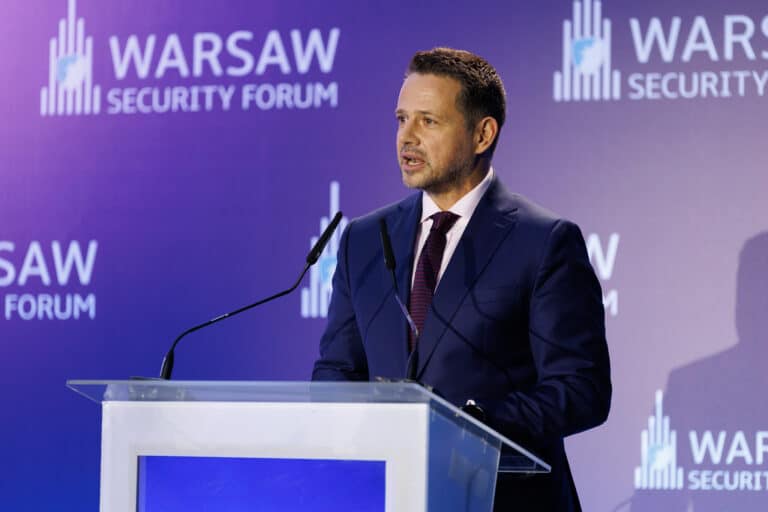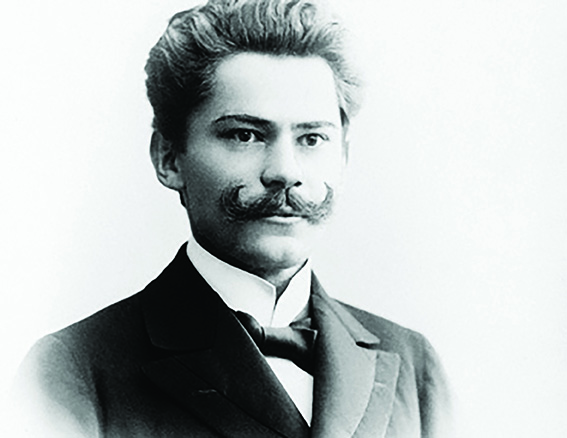Migration in Poland: Economic Impact vs. Public Perception
The actual scale of migration and its impact on the economy can often be quite different from how citizens perceive these phenomena.
In 2024, approximately 2.5 million foreigners arrived in Poland. However, one in three Poles believes the number is over 3 million. Despite 62% of Ukrainian refugees in Poland being employed, 76% of Poles underestimate this figure, thinking it is less than 50%. Recruitment of foreign workers is becoming a necessity, with one in four surveyed enterprises employing foreigners. Among these, 70% cited a shortage of Polish workers in the labor market as the reason. These findings come from the Polish Economic Institute’s report titled “Poles on Foreigners in the Labor Market – Facts, Myths, Opinions.”
A significant portion of respondents, 79%, also incorrectly estimated the percentage of war refugees from Ukraine working in Poland. In 2023, 62% of Ukrainian war refugees were employed in Poland, yet only 21% of respondents came close to this percentage.
“It is quite common for societies to have misconceptions about immigration. This discrepancy can be attributed to fears about security, preserving identity, and protecting one’s interests. Similar results and conclusions can be drawn from our studies conducted among Poles, where perceptions about the number of foreigners are often exaggerated, and their participation in the labor market is underestimated,” – said Dr. Katarzyna Dębkowska, head of the economic foresight team.
According to PIE studies, just over a quarter of surveyed enterprises employ or have employed foreigners. Among these, large companies (41%) are the most prevalent, while micro-enterprises (13%) are the least likely to hire foreigners. Employment of foreigners is more common in sectors such as accommodation and food services (50% of firms), construction (36%), transport and warehousing (36%), and manufacturing (35%).
Most employers claim that the nationality of the employee does not matter as long as they have the necessary qualifications. PIE research confirms that the primary reason for hiring foreigners, cited by 70% of firms, is the shortage of Polish workers in the labor market. Additionally, 52% of firms highlight the lack of Polish workers with the required qualifications.
Risks of Departure and Regulations: Main Barriers to Hiring Foreigners
Entrepreneurs admit that the most common reason they hesitate to hire foreigners is the uncertainty about whether they will be long-term employees. A substantial 63% of firms indicated that this concern holds great importance. Employers fear that foreign workers, having come to Poland mainly for financial reasons and lacking deeper ties to the country, may leave at any moment for better-paying jobs in other countries.
Another issue is the formal and legal procedures. The complexity of these procedures during the hiring of foreigners is the second most significant barrier that makes it difficult for employers to hire workers from abroad.







